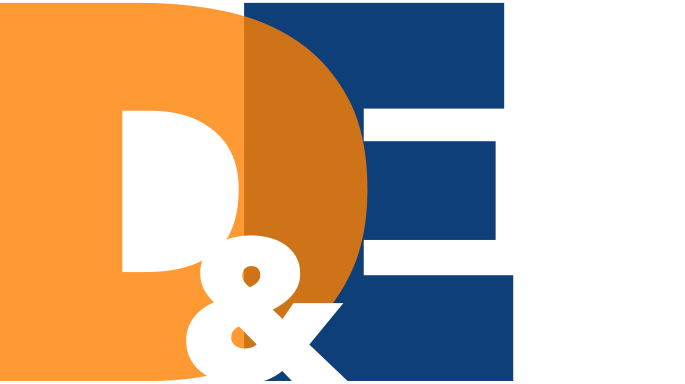-
Genome sequencing & bioinformatics
- New sequencing technologies and methods, and their application to the analysis of virus genomes.
- Innovations and improvements to bioinformatic pipelines for processing virus sequence data. (Note, new computational methods for post-processing analysis of sequence data may be more suitable for the Software track.)
-
Zoonoses & emerging infections
- Using phylogenetic analysis to reconstruct host-switch events associated with the origin of novel human viruses.
- Estimating the time of origin for a virus species using molecular clock methods.
- Reconstructing the evolving spatial distribution of virus populations over time (phylogeography)
- Reconstructing the rates of spread over time using phylodynamic methods.
-
Transmission dynamics & clusters
- Phylodynamic and model-based estimation of transmission rates (basic/effective reproduction numbers) and related parameters.
- Characterizing transmission risk factors: transmission cluster analysis, transmission pair studies.
- Genomic epidemiology, outbreak detection by tracking genetic clusters.
- Molecular source attribution.
-
Software, tools & methods
- Development and validation of new software for studying human viruses.
- Method comparison and benchmarking.
- Database / web application announcements.
- Advances in statistical and mathematical modeling methods.
-
Vaccines & immunology
- Vaccine-driven virus evolution.
- Dynamics of adaptive immunity.
- Kinetics of the B and T cell repertoires.
-
Within host dynamics
- Viral dynamics in primary infection.
- Within-host genetic diversity and evolution.
- Models of within-host viral and immune dynamics.
- Drug resistance and effects of therapy on virus populations.
-
Antigenic evolution and immune escape
- Identification of epitope sites.
- Prediction of population-level spread of mutations.
Apr 19 – 22, 2023
German Cancer Research Center (DKFZ)
Europe/Berlin timezone

